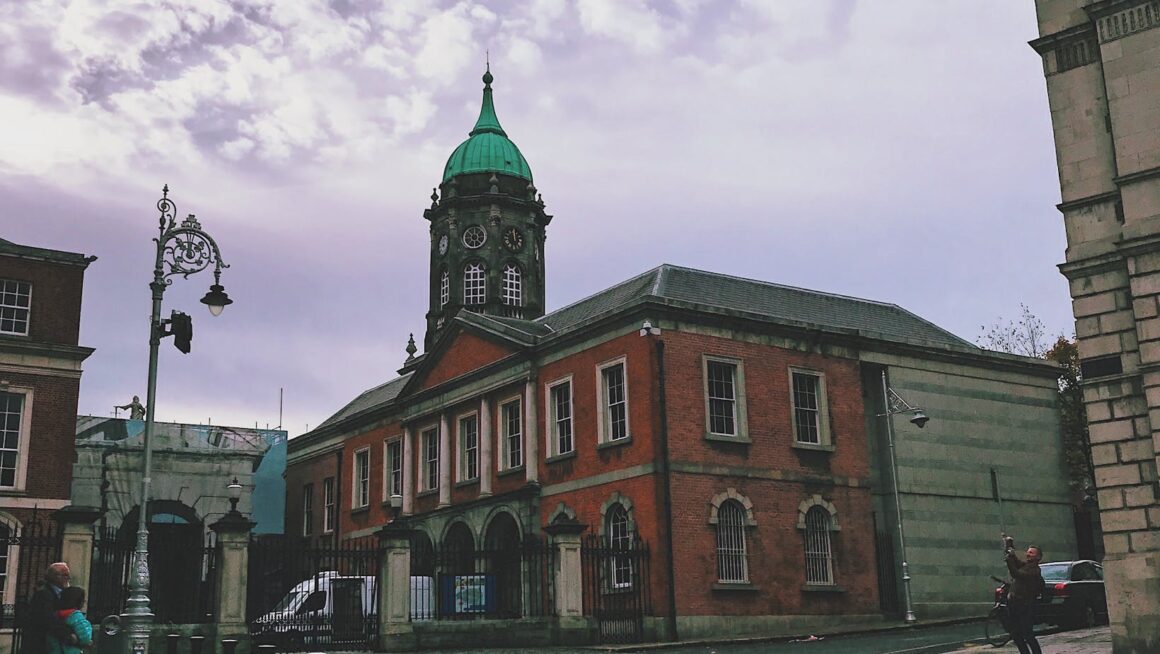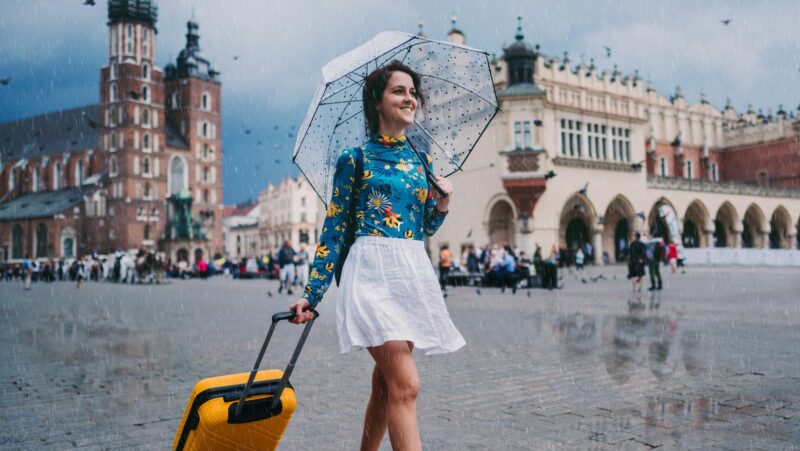Ireland, the Emerald Isle, is a treasure chest of experiences waiting to be unlocked. From its rugged coastline to its vibrant cities, there’s more to this island than meets the eye. This article will help you discover Ireland like a local, with insider tips and tricks to make your journey unforgettable.
Whether you’re a history buff, a nature lover, or a foodie, Ireland has something to offer everyone. But navigating a new country can be daunting. That’s where we come in.
Travel Tips Ireland
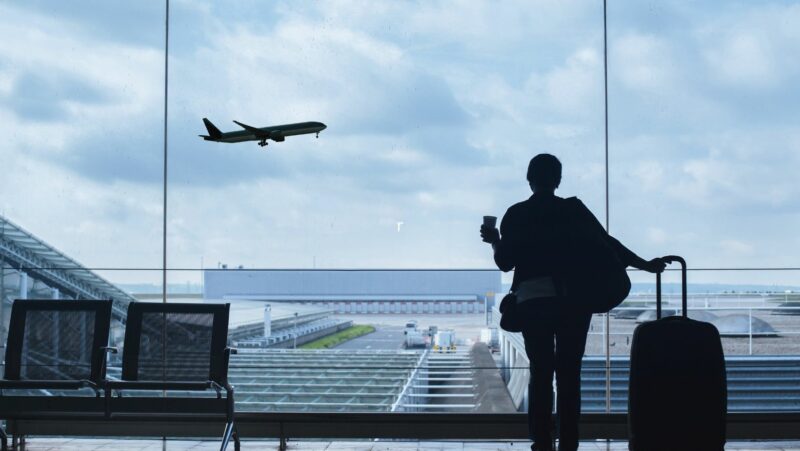 Understanding the geography, climate, and cultural heritage of Ireland allows travelers to plan accordingly. In-depth knowledge of these aspects lets one savor Ireland’s uniqueness to the fullest.
Understanding the geography, climate, and cultural heritage of Ireland allows travelers to plan accordingly. In-depth knowledge of these aspects lets one savor Ireland’s uniqueness to the fullest.
Situated in North-Western Europe, Ireland encompasses 84,421 square kilometers of land and water. It’s surrounded by thousands of islands and islets, each having their unique charm. The country’s geography is a mix of fertile plains, rugged cliffs, and towering mountain ranges.
The climate in Ireland falls under a maritime temperate category. Rainfall averages at 1,200 mm annually, making it one of the wettest countries in Europe. Yet, surprisingly, the overall temperature remains relatively mellow throughout the year. Summers average around 17.5°C (64°F), while winters hover around 5 °C (41 °F).
 Ireland cultural heritage radiates richness and diversity. The country’s history traces back to 6,000 BC, imbuing it with numerous cultural influences. Celtic traditions, in particular, strongly shape modern Irish culture, evident in its folklore, music, and language.
Ireland cultural heritage radiates richness and diversity. The country’s history traces back to 6,000 BC, imbuing it with numerous cultural influences. Celtic traditions, in particular, strongly shape modern Irish culture, evident in its folklore, music, and language.
Ireland, known as the ‘land of saints and scholars’, boasts of its rich literary tradition. Accomplished Irish authors, such as Oscar Wilde, James Joyce, and W.B. Yeats, have made significant contributions to English literature.
Traditional Irish music and dance hold a significant place in the country’s heritage. One can enjoy the lively tunes of Irish music, notably in sessions held at pubs across the country. An important part of this musical tradition is the unique Irish dance form, including styles like the ‘Jig’ and the ‘Reel’.
Essential Travel Tips Ireland
Best Time to Visit Ireland
To experience Ireland in its full glory, timing is essential. With a maritime temperate climate, Ireland offers mild temperatures year-round. However, May through July often provides the most comfortable conditions, with temperatures ranging between a pleasant 15 to 20°C (59 to 68°F). During these months, Ireland displays its well-known vibrant green landscapes, while also offering longer daylight hours, maximizing the potential for outdoor exploration. The constraints: these are also the busiest months for tourism with higher rates and crowded sights.
Currency and Costs in Ireland
Ireland operates on the Euro (€) as its primary currency. Familiarizing oneself with conversion rates beforehand avoids potential confusion when it comes to transactions. Visitors note that Ireland can be a relatively expensive country to visit, especially in terms of accommodation and dining. On average, per day costs for travelers can range between €100 to €200. It’s vital, however, to factor in individual habits and preferences when calculating expenses. Using credit cards can be a convenient option, though they encourage shoppers to keep an eye for any additional transaction fees that may accrue.
Navigating Through Ireland
Moving on from understanding the basics about the Emerald Isles, let’s delve into more practical travel tips for getting around in Ireland.
 Ireland boasts an extensive public transportation system, making it easy for tourists to explore both urban and rural areas. This system includes an array of buses, trains, trams, and ferries offering intercity, regional, and local services.
Ireland boasts an extensive public transportation system, making it easy for tourists to explore both urban and rural areas. This system includes an array of buses, trains, trams, and ferries offering intercity, regional, and local services.
- Buses: Bus Éireann serves as the principal bus operator, with a major presence in cities like Dublin, Cork, and Galway, as well as smaller towns. In Dublin, one can also avail services from Dublin Bus, which caters extensively within the city limits.
- Trains: Irish Rail, also known as Iarnród Éireann, provides intercity and commuter rail services. Trains generally offer more comfort and speed than buses, but their routes are less extensive, focusing on main towns and cities.
- Trams: Operated under the name ‘Luas’, these are essentially restricted to Dublin and serve as an efficient mode of transport within the city.
- Ferries: They come in handy when visiting Ireland’s offshore islands, such as the Aran Islands or Valentia Island.
Tickets for the above modes of transportation are available at station counters, online, or in some cases, from the driver. Though it’s more economical to buy a Leap Card if planning multiple rides.
Driving Around Ireland
For those preferring the flexibility and convenience of self-driving, Ireland’s picturesque roadways offer a memorable experience. However, bear in mind certain aspects before hitting the road.
Renting a car provides the most flexibility, but remember that in Ireland, driving is on the left side of the road. Also, many rural roads are narrow and winding, requiring cautious driving. Ensure to familiarize yourself with Irish road signs as they might differ from those in your home country.
Also, consider the costs. Car rental is fairly expensive in Ireland, and fuel costs are also comparatively high. There’s also the congestion charge for driving in Dublin city center during peak hours. Plus, expect to pay for parking in most towns and cities.
Finally, while driving in Ireland, note these important tips: always wear a seatbelt, never use a mobile phone while driving, and adhere to speed limits, which are strictly enforced.-
With these pointers, expect less stress and more enjoyment on your next trip to Ireland.
Exploring Irish Attractions
The journey across Ireland extends beyond the culinary delights and intriguing drinks described in the previous sections. This beautiful country offers numerous attractions, encompassing historical sites as well as adventure activities.
Historic Sites in Ireland
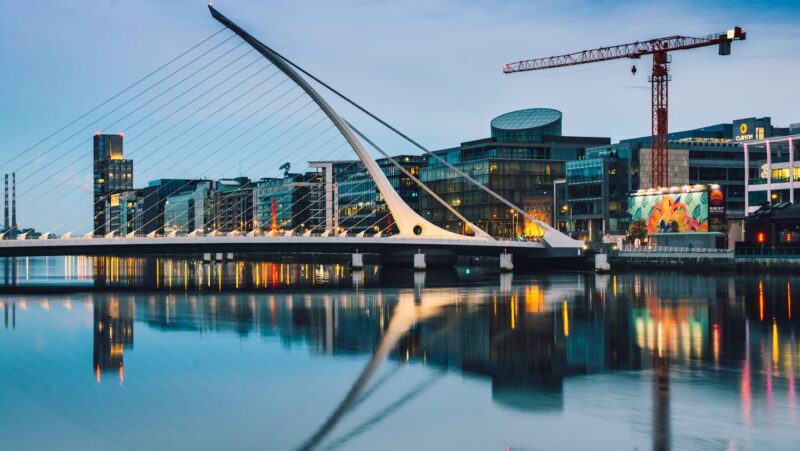 Embodying Ireland’s rich historical diversity, several locations warrant a visit. For instance, Dublin Castle, resonating with power and politics from the past, remains a major political hub. The Bru na Boinne, UNESCO World Heritage Site, showcases remarkable prehistoric tombs, arguably outshining the globally acknowledged Stonehenge in terms of sheer antiquity.
Embodying Ireland’s rich historical diversity, several locations warrant a visit. For instance, Dublin Castle, resonating with power and politics from the past, remains a major political hub. The Bru na Boinne, UNESCO World Heritage Site, showcases remarkable prehistoric tombs, arguably outshining the globally acknowledged Stonehenge in terms of sheer antiquity.
Trinity College, the oldest in Ireland, houses the distinguished Book of Kells, providing a glass into the profound mind of the medieval monks. Blarney Castle stands testament to the power struggles of yesteryears, captivating visitors with its still-intact structure. It’s also home to the famous Blarney Stone, associated with the gift of eloquence.
Ring of Kerry, an enchanting scenic trail, intertwines history, culture, and the stunning Irish landscape. Situated on the rugged West coastline, the Cliffs of Moher, exhibit unparalleled views of the Atlantic, while marking a distinct chapter in Ireland’s geological history.
Adventure Activities in Ireland
Feeling adventurous? Ireland presents a slew of thrilling activities. From surfing the clear Atlantic waves at Lahinch Beach to hiking the magnificent Mourne Mountain range, opportunities for adrenaline-charged memories abound.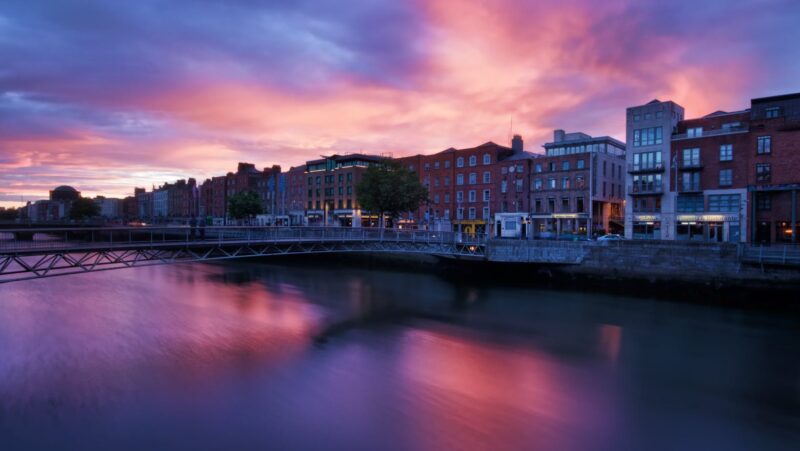
Cycling enthusiasts may find the Great Western Greenway irresistible, as it guides through some of the most scenic landscapes in Ireland. Adventure-seekers could try spelunking in Clare’s Burren region which offers eerily beautiful underground caves. Basket boating, a traditional form of Irish boating, ensures a unique water adventure as it navigates the tranquil Kerry waters.
Birdwatchers can lose themselves in the thriving bird habitats of the Skelligs, observing puffins and gannets in their natural settings.
Riding in a traditional Irish Jaunting car around Killarney National Park bestows a unique experience, blending exploration with an infusion of historical culture.
Explore these Irish attractions to experience a profound understanding of the country’s heritage with memories that would last a lifetime.
Ireland Travel Safety Tips
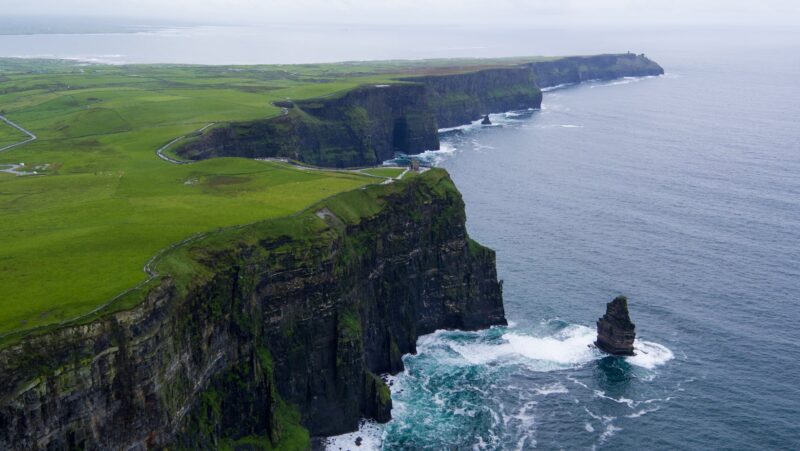 Given its cultural allure and scenic beauty, Ireland ranks high among global destinations. However, it’s paramount to prioritize safety when exploring this enchanting land.
Given its cultural allure and scenic beauty, Ireland ranks high among global destinations. However, it’s paramount to prioritize safety when exploring this enchanting land.
- Mind Personal Belongings: Theft, albeit not rampant, can occur. Keeping belongings close, particularly in crowded places, can mitigate risks. Example: Backpacks might be better than handbags for securing items.
- Respect Driving Rules: Ireland’s roads follow left-hand driving; unaccustomed visitors may find it disorientating. Sticking to traffic rules can ensure smoother journeys. Example: Observe the speed limit on country roads, typically 80km/h.
- Consult Weather Forecasts: Ireland’s weather prints unpredictability on its features. Checking weather updates often helps plan safe excursions. Example: Coastal walks might be dangerous in stormy conditions.
- Understand Emergency Services: In case of an emergency, the authorities deliver quick assistance. Familiarity with these services, accessible at 112 or 999, provides peace of mind.
- Stay Healthy: Irish cuisine is unique but could unsettle unacclimated stomachs. One can avoid health issues by gradually introducing local foods into their diet.
Remember, an informed traveller is a safe traveller. By adhering to these safety tips, tourists can ensure a memorable Irish adventure.
What You Need To Know
Travel tips Ireland allure isn’t just about its lush landscapes or historic sites. It’s a destination that offers an immersive cultural experience, from its rich culinary traditions to its vibrant heritage. The hidden gems, such as Lahinch Beach for surfing or the Burren region for spelunking, offer unique adventures. With the aid of useful travel apps and a commitment to sustainable practices, anyone can navigate Ireland like a local. Safety precautions, while necessary, don’t diminish the joy of discovering Ireland’s treasures.

